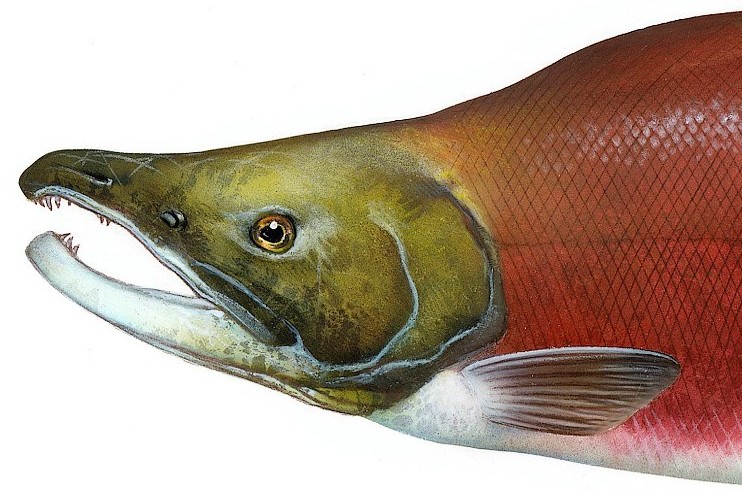Baseball’s Hall of Fame vote was announced a couple days ago and, as expected, Ken Griffey, Jr., was elected with near-unanimous support. Mike Piazza also got in, on his fourth year on the ballot. These were both good choices. For someone my age, these names–and especially Griffey’s–bring back a lot of warm memories of watching great baseball and being in awe of some of the players’ majestic abilities. Griffey was the signature player of his generation, to my mind, and Piazza also exemplified excellence at his position.
It used to be that Pete Rose was the shadow hanging over all Hall of Fame discussions, the minor controversy that kept induction ceremonies from being pure, joyful expressions of baseball’s greatness. Rose is still there, of course (and I think he should be in the Hall), but now the issue has changed. No discussion of the Hall of Fame can take place these days without talk of steroids. PEDs. Cheaters. And what should be done about them.
Baseball has cleaned up its act, but every year the names on the ballot remind us of when MLB turned a blind eye to rampant cheating. The game’s clean now, but it’s past is dirty. For someone who has studied history, this is not a new problem. Every nation, including our own, has great leaders of the past who did or said things we would recoil at today. Do we praise Washington and Jefferson while ignoring their slaveholding? Jackson and his Indian removal? FDR and his Japanese concentration camps?
It’s my view that, yes, we do praise them, though not by ignoring their flaws.
We should never ignore the past, but we should understand that it is different than our own time. Jefferson was flawed, as was Barry Bonds, but noticing and learning from their sins should not blind us to their greatness. Saying that they were products of their times does not excuse their misdeeds, but it should help us to understand them. Few people are brave enough and strong enough to stand against the tide of majority opinion, especially when following that opinion works to their benefit. We should praise those who do stand up for righteousness, but also have some sympathy for those who follow the crowd.
Bonds was a great player before the steroids, as were Roger Clemens and many others who are tarred (with evidence or not) with the PED brush. Some definitely cheated. Others may have done so. They were still great players. The Hall of Fame is meant to recognize the best in baseball’s history and the players of the Steroid Era are no a part of that history.
For those whose skills were more one dimensional, and that one dimension was power, I can understand the reluctance to honor them. Mark McGwire, Jose Canseco, and Sammy Sosa are such players. Their game was massive home runs, and steroids assisted them, giving them places in the record books when they would otherwise likely have had Rob Deer-like careers. I wouldn’t vote for them.
But for others who played in that time, the mere suspicion of PED use has been enough to keep them off many ballots. That’s not right. Opinions are changing, partly due to a purging of the Hall of Fame voters, but it’s not enough. If I had a ballot, Griffey and Piazza would have been on it, but so would Jeff Bagwell, Curt Schilling, Bonds, Clemens, and Fred McGriff. I’d possibly even vote for Rafael Palmeiro. (Tim Raines‘s exclusion is also wrong, but that’s a different issue unrelated to steroids.)
Next year, I hope more baseball writers do the right thing and recognize the greats of the game’s recent history. Jefferson belongs on Mount Rushmore, just as Bonds belongs in the Hall.


